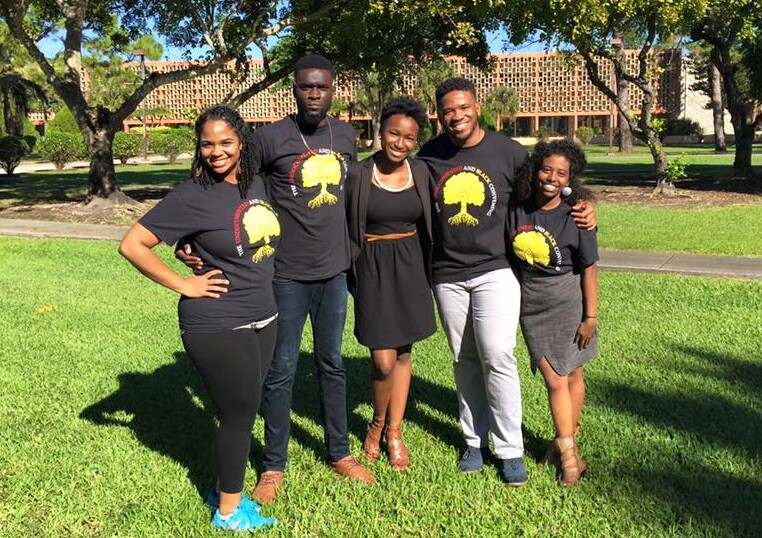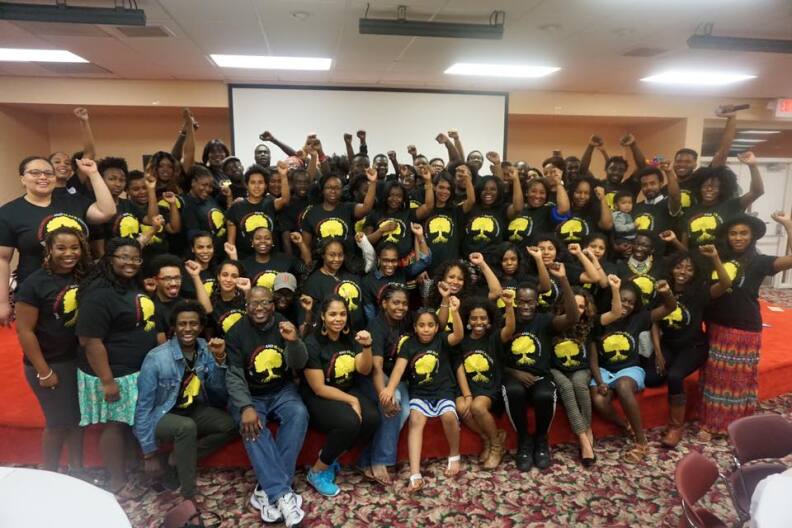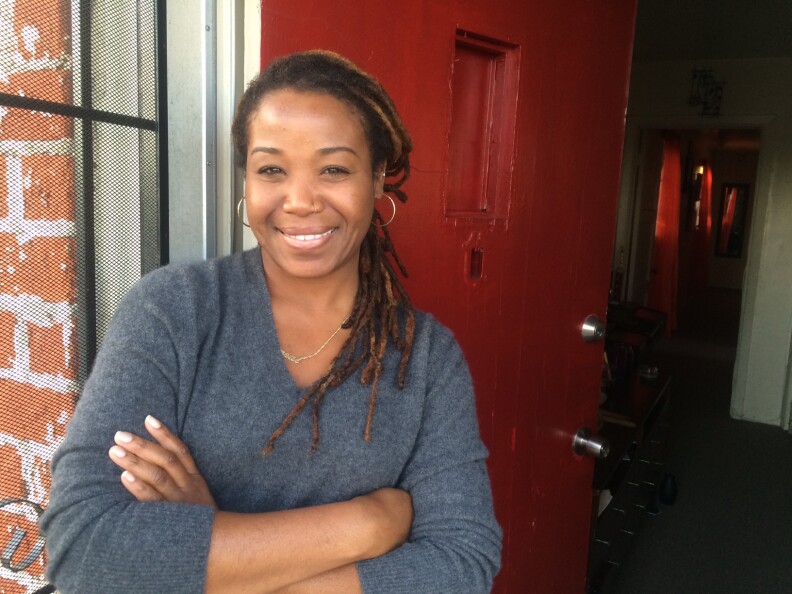As the debate on immigration heats up, some are hoping to inject a new perspective into the conversation: that of those who are both black and undocumented.
"For such a long time we've couched immigration as a Latino issue that we've erased all these communities that are at that intersection," said Jonathan Jayes-Green, whose family came from Panama when he was 13. "We're not talking about this huge community of black, undocumented people that really experience the broken immigration system in a different manner."
Latinos do make up the majority of the undocumented population, but according to estimates from the Migration Policy Institute, nearly 600,000 people are also from Caribbean and African countries. And the overall black immigrant community is growing rapidly. Also, most estimates do not make a distinction of who is a Latino of African descent, commonly known as Afro-Latinos, of which Jayes-Green is one. Many of those who are undocumented and black say their experience adds an important dimension to the discussion – especially at a time when the country is grappling with a renewed discussion about race.
"We're rising up to tell our stories to be able to change that narrative, to be able to diversify the movement, to be able to change how we understand undocumented migration," said Jayes-Green.

Los Angeles resident Rhea Lambey spent nearly three decades in the U.S. without legal status. She arrived from Belize to Southern California as a child, at age 10. But it wasn't until high school, in the mid-1990s, when she sought to follow her classmates to college, that she found out her immigration status blocked her from continuing her education.
"That's when it hit me," said Lambey, now 39. "For me that was so shocking and devastating."
She continued to live with the secret of her status, which was often lonely in the black community.
"I didn't know anybody else like me," said Lambey. "Belizean people, Garifuna people, we're already so hush-hush and secretive that on a cultural level, just that added component of sharing your undocumented story, no. I've always known that it was a secret to keep."
But that secret weighed on her for years, until finally, in her late 30s, she decided to tell others about her status. She started with people close to her, including friends and her faith community. She was surprised by the support she received – yet also was met with disbelief at times.
"The shock of this black girl being illegal, undocumented, they couldn't believe it!" said Lambey.

Today, she and others are making their stories more public. In January, Lambey attended a gathering in Miami that brought together undocumented and black people from across the country. Jayes-Green, the student from Panama, was one of the lead organizers. It was called the Undocumented and Black Convening and organizers say it was a first for many of the participants, including Lambey, who called it eye-opening and emotional.
"There are millions of me out there, that are Hispanic and that are black," she said. "And we're out here and fully contributing to society in a healthy, positive way."
Lambey became a legal resident in 2014 and currently attends L.A. Trade Tech College. She said she hopes to transfer to a Cal State University in the future to pursue a degree in counseling.
Correction: This post has been updated to correct the spelling of Rhea Lambey's last name. KPCC regrets the error.



